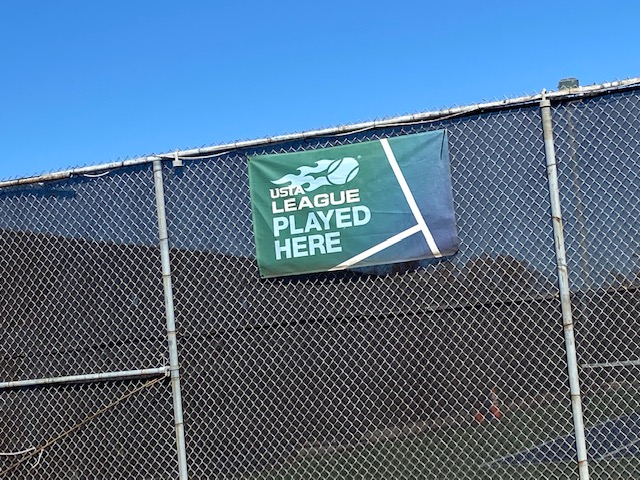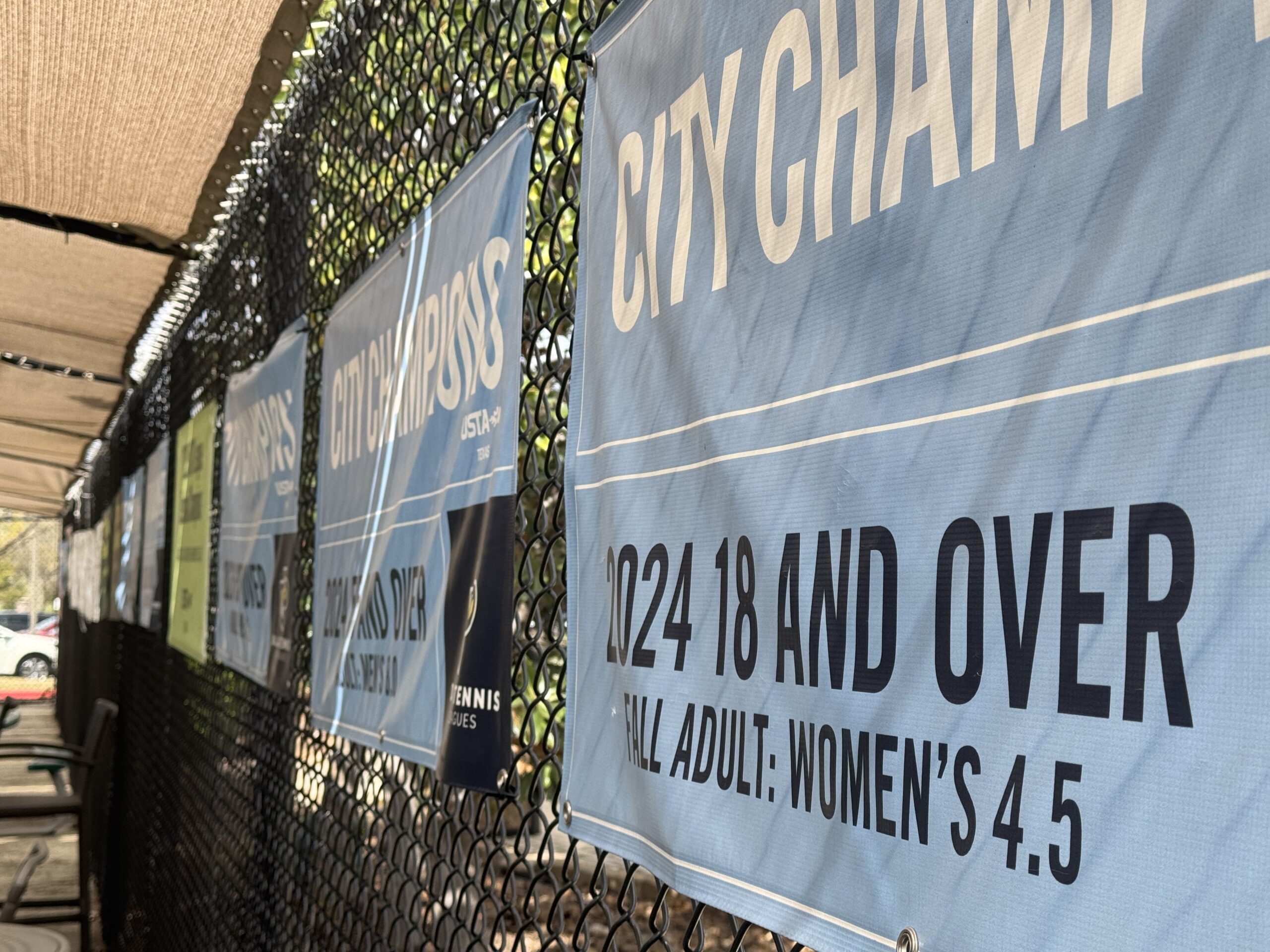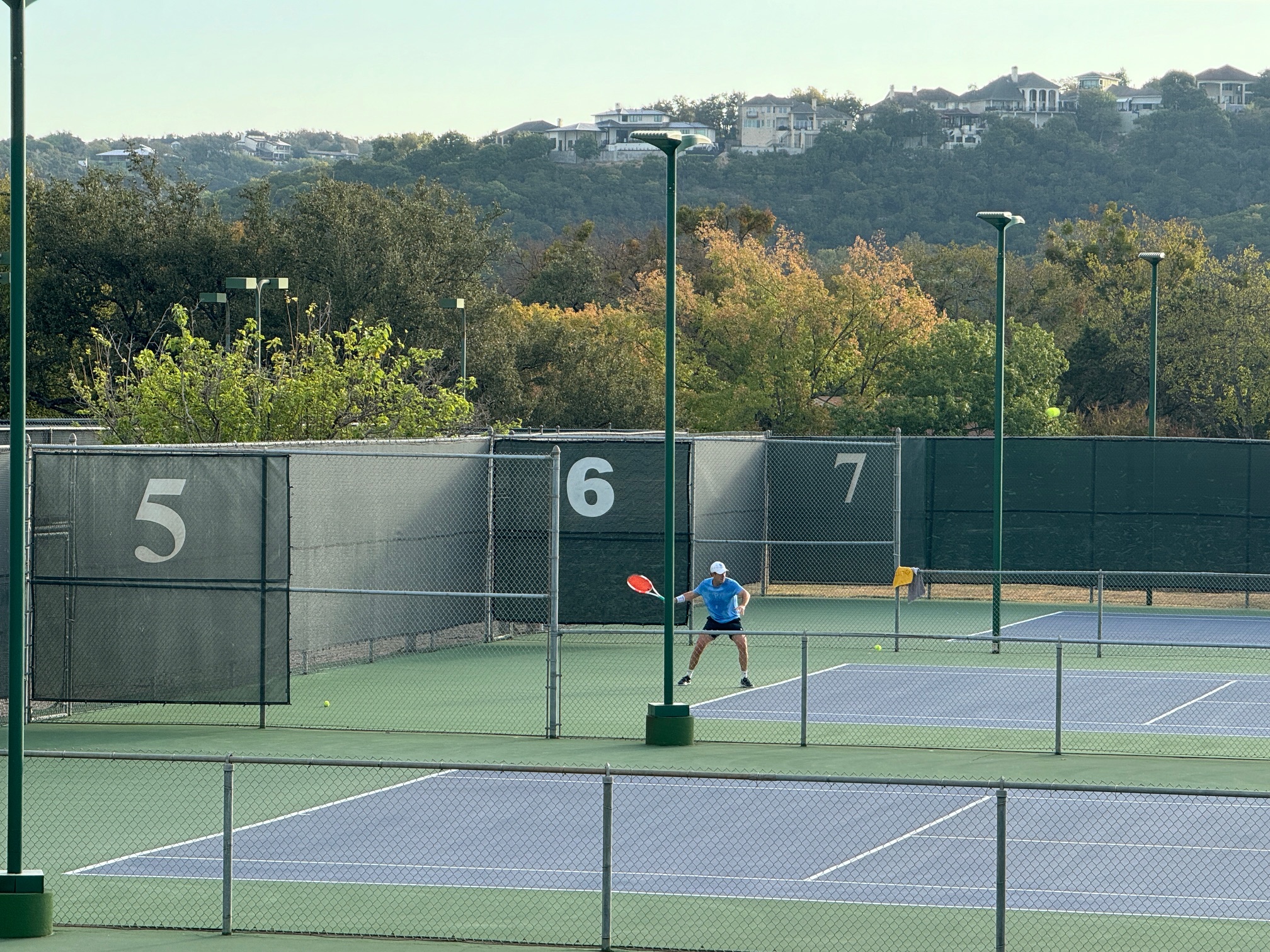The ITF Rules of Tennis serves up another organizational curiosity with the title of two consecutive sections. “The Service” is the subject at hand. The subsequent section is “Serving.” Inquiring minds who want to know what the difference is will have to read on.
Immediately before starting the service motion, the server shall stand at rest with both feet behind (i.e. further from the net than) the baseline and within the imaginary extensions of the centre mark and the sideline.
USTA Friend at Court, ITF Rules of Tennis, Section 16
Section 16 starts out by indicating where the server stands to start the service motion. “Stay Between the Lines” described the rule where the definitions for the baseline and the sideline are specified in the ITF Rules of Tennis. The centre mark is similarly defined in the same section.
The opening of this section also helpfully provides the reference point for understanding the word “behind,” which is further away from the net than the other side of the line. Another way to state the same thing, with definitions previously provided, is that the server stands outside the court and between the imaginary extensions of the sidelines. The way the rule is actually worded is probably better than that alternative.
Variation of the sideline between singles and doubles is not explicitly noted. This section is devoid of case rulings and USTA comments, which may be an indication that the position of the server is patently obvious. Essentially the sideline is bounded by the area of the court which is in play depending if it is singles or doubles.
For doubles the server may stand anywhere behind the baseline between the centre mark and the outer edge of the doubles alley. In singles, the area behind the doubles alley is not permitted. I can’t imagine why a singles player would want to stand that far wide. It occurs to me that standing wide when serving to the ad court it would save me considerable distance running around my backhand.
So now we know where to stand immediately prior to serving. This dispenses with approximately half of the content of section 16. Tomorrow we will cover… wait for it… the other half of the rule. It’s a real cliffhanger.
- United States Tennis Association (2020) Friend at Court. White Plains, NY



